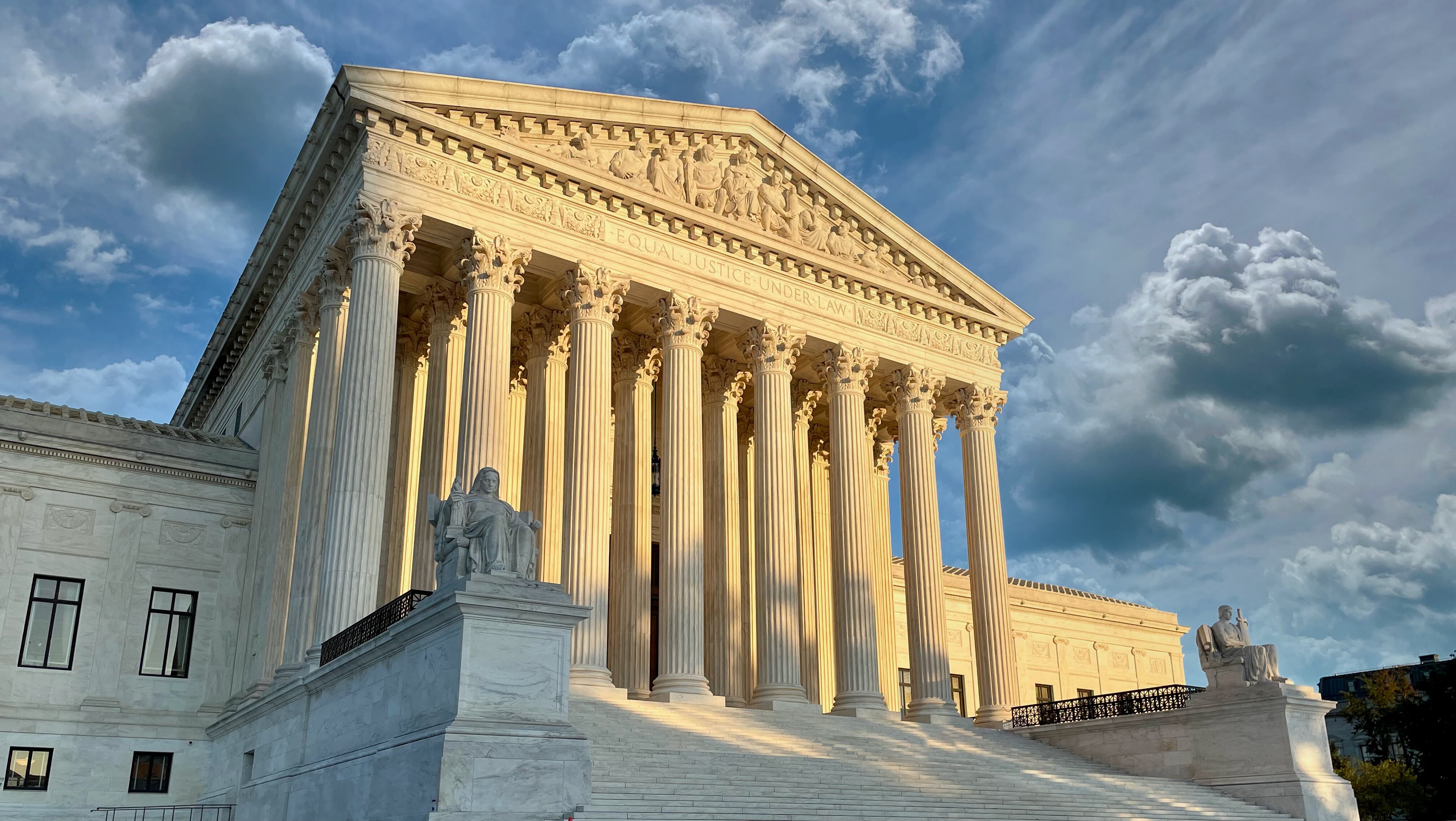In a landmark decision issued on Jan. 17, 2025, the Supreme Court of the United States (SCOTUS) upheld the Protecting Americans from Foreign Adversary Controlled Applications Act. The legislation effectively bans TikTok from operating in the United States unless its parent company, ByteDance Ltd., divests its interests in the platform.
This decision, which takes effect on Jan. 19, reflects growing national security concerns over data privacy and foreign influence.
“Congress has determined that divestiture is necessary to address its well-supported national security concerns regarding TikTok’s data collection practices and relationship with a foreign adversary,” the Court stated in its opinion.
It described the platform’s data collection as “extensive,” including information such as “age, phone number, precise location, internet address, device used, phone contacts, social network connections, the content of private messages sent through the application and videos watched.”
Impact on the nutrition and supplement sectors
The TikTok ban has immediate implications for U.S. businesses, including nutrition and supplement brands relying heavily on the platform’s unique algorithm and viral potential to market their products.
“The loss of TikTok Shop will likely be a significant blow, as brands relying on viral videos and relatively cost-efficient advertising campaigns will need to pivot to other platforms or look to more traditional retail routes,” Jennifer Adams, an attorney with Amin Wasserman Gurnani, told NutraIngredients-USA.
Adams also emphasized the compliance challenges ahead. “TikTok Shop is difficult for regulators to police from a compliance perspective, and therefore many brands felt more comfortable taking risks.”
As a result, she added, “companies changing advertising tactics may now be faced with more compliance scrutiny than they are used to.”
National security at the forefront
The Court’s decision centered on concerns about ByteDance Ltd.’s susceptibility to Chinese government influence under Chinese national security laws, which allow the government to compel companies to assist with intelligence operations. The Court noted that ByteDance is “subject to Chinese laws that require it to ‘assist or cooperate’ with the Chinese Government’s ‘intelligence work’ and to ensure that the Chinese Government has ‘the power to access and control private data’ the company holds.”
The ruling also highlighted potential risks posed by TikTok’s proprietary algorithm.
“The Government has explained that ByteDance Ltd. uses the data it collects to train the TikTok recommendation algorithm, which is developed and maintained in China,” the Court observed, adding that “ByteDance Ltd. has previously declined to agree to stop collecting U.S. user data or sending that data to China to train the algorithm.”
In addressing TikTok’s widespread use, the Court acknowledged, “There is no doubt that, for more than 170 million Americans, TikTok offers a distinctive and expansive outlet for expression, means of engagement, and source of community.” However, it concluded, “Preventing a foreign adversary from harvesting vast troves of personal information about tens of millions of Americans is a compelling interest.”
Preparing for the next digital shift
Adams suggested that businesses remain agile as the social media landscape continues to evolve.
“History suggests some other platform we’ve not yet heard of will arise as the next ‘trendy’ social media app,” she said.
Further, she noted that “social media is not likely to go anywhere anytime soon, but there is a natural ebb-and-flow between generations’ preferred platforms.”
Therefore, she advised brands to “keep your eyes peeled for which platform comes next—there was Vine before TikTok, so what will be next?”
The decision’s broader implications underscore the increasing intersection of social media, consumer behavior and regulatory oversight.
“Social media platforms absorbing TikTok users may be less concerned with having policies and procedures to ensure compliant advertising, especially for influencers, affiliates and the like,” Adams remarked.
As such, she noted that “companies may need to up their efforts on monitoring and controlling their social media footprint.”
Industry adaptation in a new reality
As the Jan. 19 deadline approaches, U.S. nutrition and supplement manufacturers must navigate this shifting digital landscape.
With TikTok removed from their marketing toolkit, brands will need to identify alternative platforms to reach younger audiences and maintain their competitive edge in an era of heightened regulatory scrutiny and evolving consumer preferences.
Update as of January 20, 2025: Over the weekend, TikTok temporarily went offline for US-based users as the ban took effect, but it began coming back online Sunday following an announcement by President-elect Donald Trump. Writing on Truth Social on Sunday, Trump stated his intention to issue an executive order to extend the period before the law’s prohibitions fully take effect, allowing more time to negotiate a potential deal to keep TikTok operational in the United States.

“I’m asking companies not to let TikTok stay dark!” Trump wrote, adding that his order would ensure no liability for companies that helped restore TikTok’s service. By Sunday afternoon, TikTok confirmed it was working with service providers to restore access and expressed gratitude for the assurances from Trump’s team.
TikTok also issued a statement that signaled a willingness to collaborate on a long-term solution: “We will work with President Trump on a solution that keeps TikTok in the United States.” This marks a shift from Trump’s earlier stance on the platform, reflecting his administration’s apparent openness to a joint venture or other arrangements that might address national security concerns while maintaining TikTok’s operations.
As the situation unfolds, US businesses and TikTok’s millions of users continue to await further clarity on whether a long-term agreement can be reached to balance security concerns with platform accessibility following President-elect Trump’s inauguration later today.




